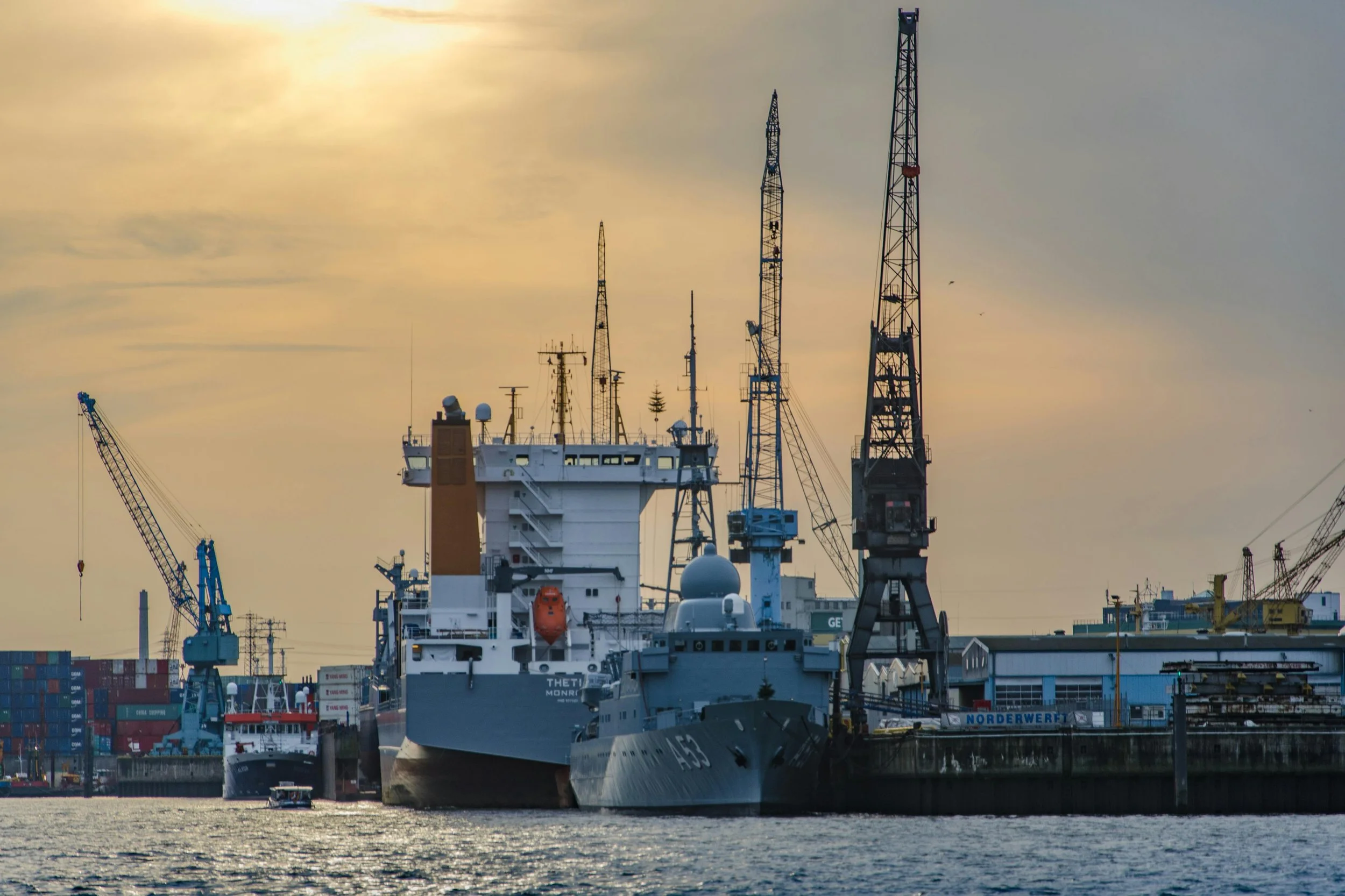Maritime & Coastguard Agency - Great British Maritime Economy Programme
95% of UK imports by tonnage are maritime
28x Britain’s waters compared to land
220,000 jobs
30% higher productivity than average
The Challenge:
95% of UK imports by tonnage are maritime | 28x Britain’s waters compared to land | 220,000 jobs | 30% higher productivity than average
Maritime, often overlooked in public budget allocation compared to road, rail, and aviation, carries 95% of the UK’s imports by tonnage, highlighting its underfunded status and the challenge of securing investment for improvements.
The Maritime 2050 strategy encompasses a broad spectrum of projects including coastal infrastructure, training, green ship enhancements, safety improvements, and broader economic initiatives like maritime tourism and aquaculture. These diverse, multi-decade projects require a wide range of skills and coordinated management, which is currently challenging due to the sector’s fragmentation. Internationally, the UK risks falling behind as countries like France and entities such as the EU, the IMF, and the World Bank implement robust maritime coordination programs. The UK, with the world’s largest maritime professional services turnover, faces a decline in its Shipping Register and competitive disadvantages due to less favourable tax conditions and weaker governmental support in the sector.
Historically, UK maritime activities have been managed in isolation by various governmental bodies, leading to inefficiencies. To counteract this and stimulate maritime sector enhancements, the Maritime & Coastguard Agency (MCA) initiated a change program using the MCF3 Management Consultancy Framework to hire experts for major project delivery. Investigo and Simplex Consulting, specialising in complex project management, were contracted to lead this initiative.
The Solutions:
Investigo & Simplex deployed a team into MCA, including economic analysis, project management, stakeholder engagement and business case experts to start the programme establishing the required scope, objectives, governance arrangements and plans. Our consultants engaged with business development, environment and project delivery leads at MCA and DFT in order to develop a GB Maritime Economy Programme for MCA to take forward.
Strengthening in-flight activity by providing resource augmentation and direction throughout a range of skillsets currently underfunded within the programme.
Development of a programme business case positioned for handover from MCA to the Department of Transport which provides clear recommendations on how to structure delivery to optimise the benefits of government investment in the Maritime Economy.
The scope and structure of a Maritime Business Development project to meet Maritime 2050 strategic objectives of greater UK Maritime Competitive Advantage.
Establishment of a number of workstreams including Target Operating Model, Knowledge and Data, Strategic Engagement, Decarbonisation Centre of Excellence.
A model programme as a service offering to act as the platform for Maritime 2050 delivery and an accelerator for any project that is started to deliver the 2050 objectives.
Client Testimony:
“And as for the GBME programme, 18 months ago I was given the programme name, a few hoped for outcomes and the space to make it real. Together, we have created a fully formed delivery programme that is ready to take the next step into action. And the case for change has been made, with support from within MCA, DfT and beyond - it has become bigger than us, bigger even than the MCA, and this - along with the very clear business need”
PHILIP LONDON Programme Director UK Maritime Business Development

